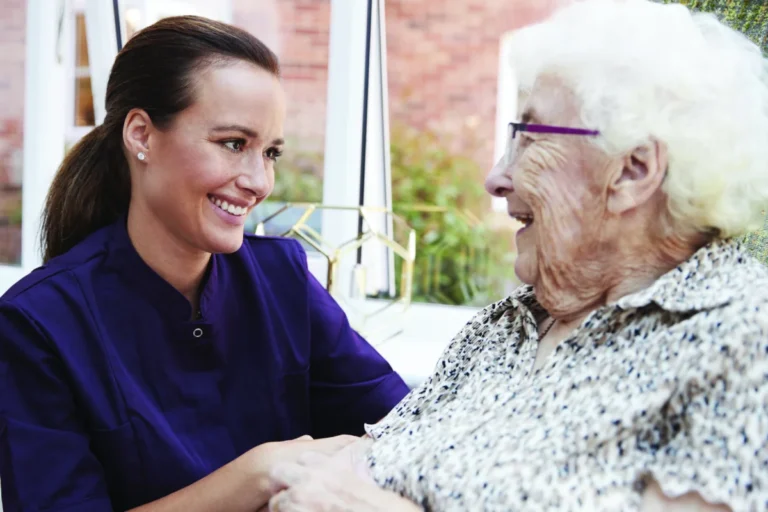There are many choices when it comes to living environments for seniors. These choices vary based on living environment, type of support provided, level of care needed and the culture of the community. For families caring for a loved one with Alzheimer’s disease or another form of dementia, there are many considerations when exploring the option of a senior care community.
According to the Alzheimer’s Association, there are more than six million Americans currently living with Alzheimer’s disease. Additionally, there are an estimated 11 million Americans providing unpaid care to family members and loved ones with Alzheimer’s. This care is complicated and emotionally difficult. For families who choose to explore safe housing options for their loved one with dementia, memory care is an excellent option. So, what is memory care? And how is it different than assisted living?
Understanding Different Care Needs
Dementia and Alzheimer’s disease are progressive illnesses – meaning they will continue to worsen over time. This means that the care required at the onset of the disease will not be the same as the care required later on. Not only do these diseases impact a patient’s memory, but they also change all five senses and contribute to a decline in overall health. In a typical assisted living environment, these considerations may not be top of mind. Here are some additional differences to consider when exploring memory care and assisted living options:
- The staff at memory care communities go through special training to better understand and support patients with forms of dementia.
- The environment is designed with safety and familiarity in mind.
- Available activities and therapies are created to support the patient’s functioning and to increase independence.
If you are unsure if it is time to consider a memory care community for your loved one, ask the following questions:
- Is my loved one safe from falls and wandering?
- Am I safe caring for my loved one?
- Are my loved one’s finances being taken care of?
- Does my loved one spend a lot of time alone?
- Is my loved one’s personal care being tended daily?
- What is the plan as the disease progresses?
What is Memory Care?
Memory care is specialty care designed for people living with all forms of dementia, including Alzheimer’s disease. The environments are generally secure and staff closely monitors the health of the residents to adjust care plans as needed. All programs, activities and events are designed to support patients and allow them to work on their cognitive abilities while also enjoying their own hobbies. There is a strong focus on social time and personal care in memory care environments. While there is no cure for Alzheimer’s or dementia, the right care and support can slow the progression of the disease and allow a patient to maintain his or her independence for longer.
At Meridian Rehabilitation and Health Care Center in Wichita, Kan., residents participate in the Courtyard Memory Care program. This approach treats each resident with compassion and kindness, while creating a personalized care plan that will be adjusted as the needs of the patients change. The team at Meridian is trained to support each resident emotionally and physically. Meridian follows the strict guidelines of the Centers for Medicare & Medicaid Services and promotes healthy, flavorful diets, safe medication management and gentle, but active movements each day. Residents also have access to support in dressing, bathing and all activities of daily living, as well as 24/7 on-site licensed and certified nursing care.
For residents at Mission Chateau Senior Living Community in Prairie Village, Kan., security and enrichment are top priorities. The goal is to keep each resident busy and fulfilled each day, with access to the latest memory loss therapies, plenty of time with loved ones and access to meaningful hobbies and pastimes. Residents also benefit from:
- Frequent social interactions
- Dementia treatment
- Creative outlets, including movement, music and art
- Outdoor therapy
Planning for the Future You Want
At Tutera Senior Living and Health Care’s memory care communities, we create care plans centered around you – your health needs, your goals and your comfort. Courtyard Memory Care activities are offered at each Tutera memory care community. These activities are designed to help residents function as independently as possible while offering support as needed. We understand the many benefits of family for our memory care residents and we include family members in daily activities, medical updates and decision-making to ensure the best possible outcomes for our residents.
Contact Tutera today to learn more about our memory care programs and our care philosophy by calling 877.988.8372.







